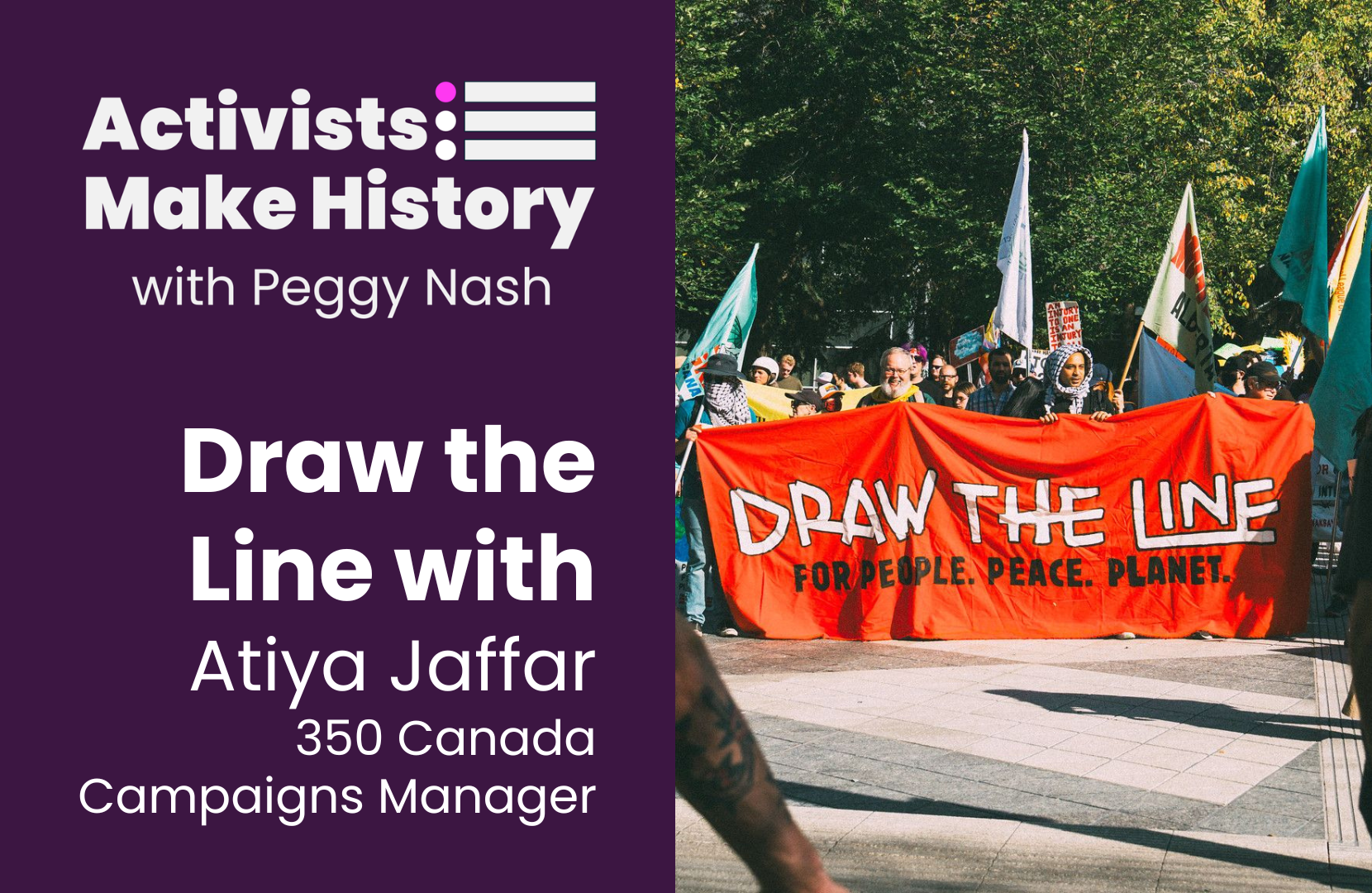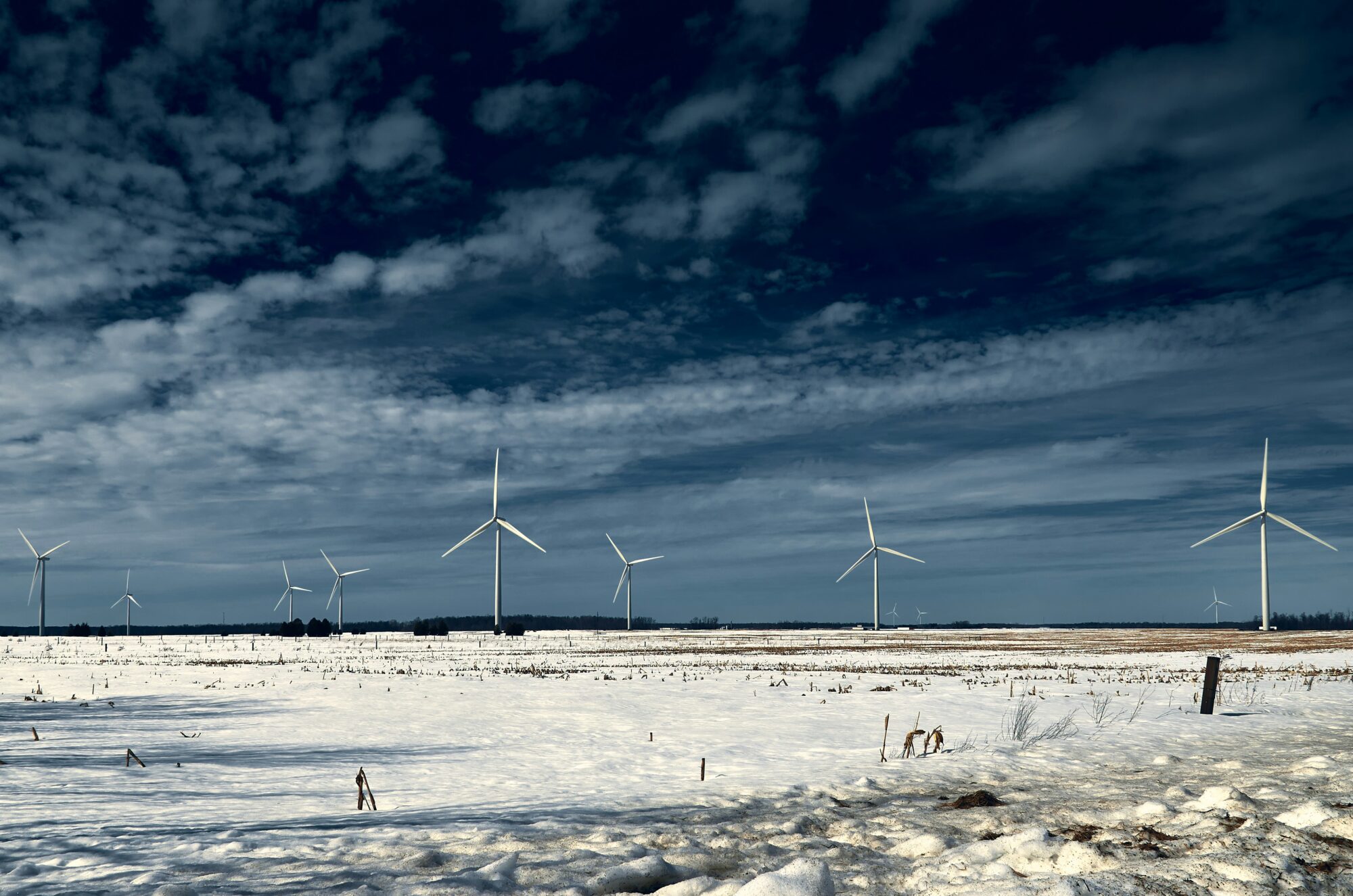Activists Make History: Draw the Line with Atiya Jaffar
The 350 Canada Campaigns Manager collaborated with climate, labour, Indigenous, and social justice movements to draw the line against fossil fuel expansion.
The 350 Canada Campaigns Manager collaborated with climate, labour, Indigenous, and social justice movements to draw the line against fossil fuel expansion.

The return of industrial policy has come with a resurgence in critical attention to the meaning of state capacity, not just as a barometer of state success but even as a barometer of state legitimacy.

The fight for better workplace conditions doesn’t stop at renewable energy. Workers in renewable energy need union representation, collective bargaining and a voice in their workplace for the energy transition to benefit all Canadians.

Does the so-called green consumption of the “sustainability class” really work to help save us from climate catastrophe? Without challenging capitalism, can everyone afford the cost of living, reduce emissions, and achieve climate justice?

Public ownership of electricity has been one of the great progressive victories in Canadian history—a model that delivered high union density and good jobs for generations.

Equiterre’s Sustainable Mobility Analyst shows how clean mobility can help working class Canadians save money while making our communities cleaner and healthier.

The energy transition runs on union power. The International Brotherhood of Electrical Workers (IBEW) is one of the labour unions that will generate the electricity needed to seize the potential and jobs of a just transition.

Lindsay Amundsen of Canada’s Building Trades Unions explains what a just transition really means for workers—and how union-led training programs are preparing the workforce for the green economy.

Jim Stanford and Hadrian Mertins-Kirkwood define what green industrial policy is and explain why it’s having a renaissance in the middle of the Trump trade war.


